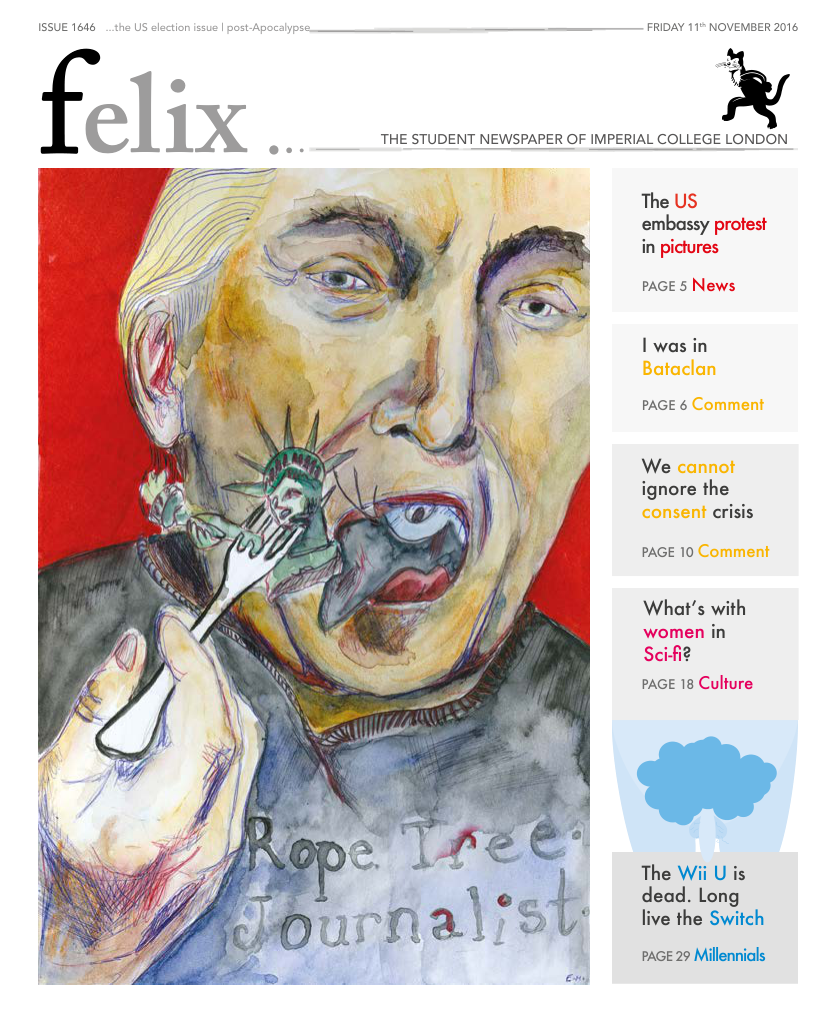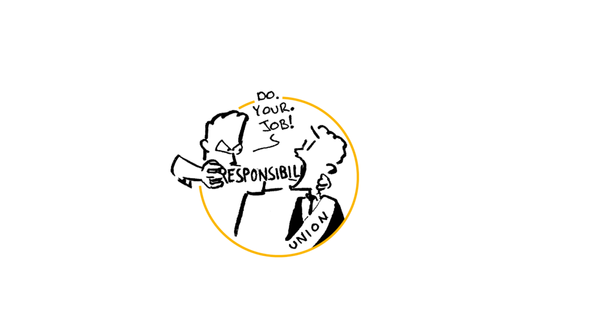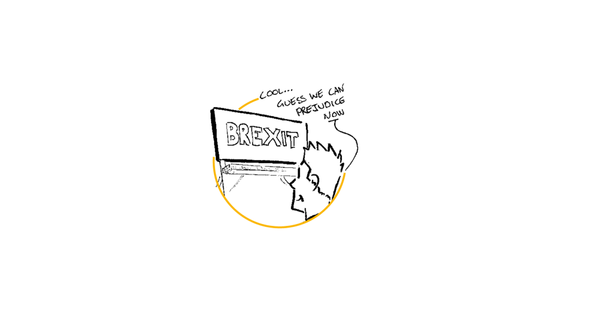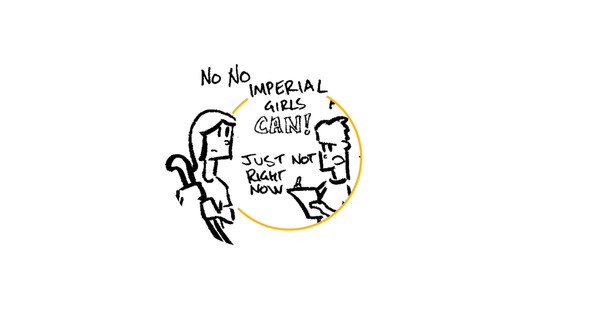Electoral dysfunction
Steve Bohnel reflects on the results of Wednesday’s election

Right before I boarded my flight from London Stansted Airport to travel to Rome for a short trip, I refreshed a Google search on my iPhone. My screen read the following: Hilary Clinton with 215 electoral votes, and Donald Trump with 244. Hours later, as I was chatting with two Londoners who were taking the same train I was to central Rome, one of them said, “Donald Trump won the election.” And here we are: the day millions of Americans have been fearing since the Donald declared his run for the White House on the 15th June last year. Many of my friends are shocked by the news. And I am too. But let me be clear: Trump is not the main reason I am sickened by my country. It’s the people who voted him in.
The main sentiment Trump appeared to display during the past year and a half was that he was not a politician, but that he was anti-establishment, and considerably self-financed his own campaign. And enough people were captured by that idea for him to reach the magic number of 270. I could spend the rest of this piece criticising Trump for all the repulsive actions he’s committed and words he’s spoken since his announcement more than 500 days ago. I could also blame his supporters for failing to consider the dangers of those actions and rhetoric.
But that ultimately doesn’t matter. Our system decided he will be the next leader of one of the most powerful countries in the world. Perhaps it’s fitting that Clinton actually won the popular vote in our country, but lost where it counts — in the Electoral College. This election has been anything but predictable, and Trump’s victory fits that narrative almost perfectly.
Clinton’s loss must be one of the most mentally devastating moments in her life. Many polls showed she was the favourite to win, and some even suggested she would do so comfortably. But did the recent news about her email scandal cost her? The FBI letter that was released was short, and answered few to none of my questions about the new developments.

Multiple reports indicate that the Clinton Foundation has been suspicious with how it hands out money to charities. Clinton also has given speeches for Goldman Sachs and other corporations for hundreds of thousands of dollars. Even if we didn’t see the transcripts, how much is she influenced by big business? It’s a fair question to debate.
I write about Clinton’s faults understanding that if someone put a gun to my head, I would pick her. But these are the reasons that Trump supporters couldn’t cross party lines and vote for her — including one of my best friends from back home in the Philadelphia area.
There’s an old saying that “The White House makes the man.” I’m clinging to this idea, that once Trump is sworn in this January, Congress will check him when he proposes something infeasibly radical, even though Republicans hold a majority in the House and Senate.
But even as I try to rationalise and predict what will happen in the next couple of months, I can’t help but feel guilty that I’m typing this in Rome, a city more than 4300 miles away from my hometown of Doylestown, Pennsylvania.
Minorities have historically been dealt a worse hand in my country’s history. The most recent example of this is the Dakota Access Pipeline proposal through Native American lands.
That’s why when I started joking about deporting myself if Trump wins, I eventually realized how selfish that mentality is. I didn’t fill out a ballot and send it in, and that deserves a fair amount of criticism. But why were many Trump and Clinton supporters so against hearing criticism about their candidates for the past year and a half? Again, how are voters acting like sports fans when the issues at stake will shape the future of more than 300 million people?
This isn’t to say I would ever want to be a politician. First off, I’m simply not a strong enough public speaker to fit the bill. And more importantly, I am certainly not smart enough to be handling a lot of the policy issues that drive the future of this country.
But then again, I realise politics should be about policy, not mud slinging.
I’ll return to the United States in December, and I won’t be certain what the atmosphere will be like. But I will come back with the same mentality of treating people with respect, like my mother raised me.
At the end of the day, I do believe this country will continue to be united, even as divided as it currently appears. Because despite political differences with many friends and colleagues, I — and countless others — have been able to step back and re-evaluate what ideas and policies we should implement for those around us.
I just wish that so many politicians and voters wouldn’t treat the future of our country like it’s a fucking game.










